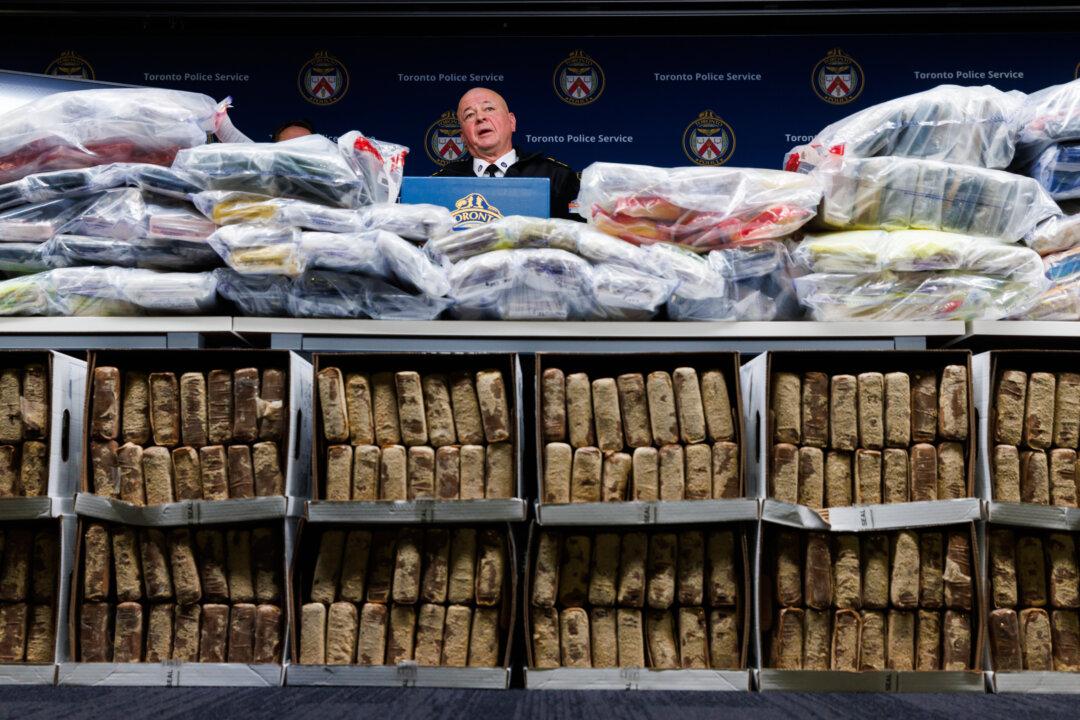Canada’s ban on flights arriving from the United Kingdom is being lifted, as a new rule that requires all passengers entering Canada to take pre-boarding tests goes into effect today.
Only two types of COVID-19 tests are acceptable for entry into Canada at this time. They must be either a molecular polymerase chain reaction (PCR) or Loop-mediated Isothermal Amplification (LAMP).
Garneau said people who were already vaccinated abroad for COVID-19 are still required to provide the PCR or the LAMP tests.
“The reason for this is that the science is not yet clear on whether somebody who’s vaccinated is not going to be able transmit COVID-19, so the requirement for the pre-departure test still applies,” Garneau said. (35:50-36:10)
Only a limited group of people are exempted from having to present this pre-boarding test, including children four years of age or under, transiting passengers, or individuals exempted by Transport Canada.
Travelers are still required to complete a 14-day quarantine upon arriving in Canada.
“Given these virus variants have been reported in multiple countries, the Government of Canada continues to advise Canadians against non-essential travel outside of Canada and are advising extra caution if you must travel to countries where a variant of concern is circulating,” Tam wrote.





